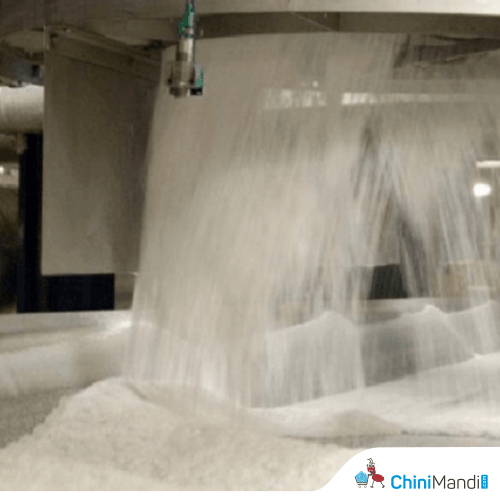The peak of the sugar milling season is anticipated to begin between the last week of October and the first week of November, following a slow start in production since the 2024-2025 crop year commenced in mid-September, according to the Sugar Regulatory Administration (SRA), reported Philippine News Agency.
SRA Administrator Pablo Luis Azcona reported on Friday that during the first three weeks of milling, which started on September 15, sugar production was down 96 percent compared to the same period last year.
“I believe our peak milling period will be delayed. It is likely that we will see a larger volume of cane arriving by the end of October or early November,” he noted.
The data indicates that only 5,645 tons of sugar have been produced since September 15, compared to 134,780 tons during the same timeframe last year.
“There is a significant difference. Initially, many mills and sugar associations claimed they were prepared to begin milling, but very little sugarcane has actually entered the mills,” Azcona remarked during an interview held alongside the distribution of assistance to 13 sugar block farms in Negros Island at the SRA office.
“We hope this delay in milling is simply due to El Niño,” the SRA chief stated.
He suggested that farmers might not be ready to start milling yet, as they believe their sugarcane is still growing and that waiting could yield a better harvest.
“As a sugarcane farmer myself, I understand that you can only postpone milling for so long, as you’ll be competing with other farmers for labor. Most of the larger farmers are planning to begin milling around October 12 or 15,” Azcona explained.
In the 2023-2024 crop year, 13 out of the 25 sugar mills in the country are located in Negros Island, including nine in Negros Occidental, which is the leading sugar-producing province.
Additionally, the SRA chief highlighted that the sugar supply remains stable, with farmers producing raw sugar and imported refined sugar also being available.
“Prices have remained stable. Retail prices, which are important for consumers, are also consistent,” Azcona added.












